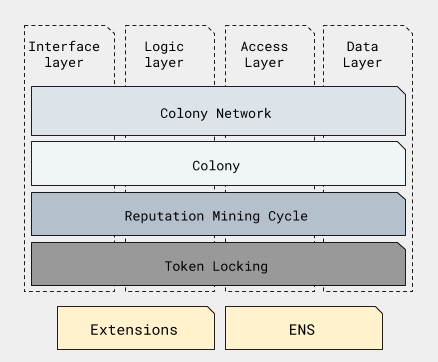A smart contract is a self-executing contract with the terms of the agreement between buyer and seller being directly written into lines of code. The code and the agreements contained therein exist across a distributed, decentralized blockchain network. Smart contracts allow for transactions and agreements to be carried out among disparate, anonymous parties without the need for a central authority, legal system, or external enforcement mechanism. They render transactions traceable, transparent, and irreversible.
Smart contracts were proposed by Nick Szabo in 1994 but didn't become a reality until the advent of blockchain technology and cryptocurrencies. They are a fundamental feature of various blockchain platforms, notably Ethereum, which expanded the application of blockchain from simple transactions like Bitcoin’s to more complex applications.
These contracts automatically execute, control, or document legally relevant events and actions according to the terms of a contract or an agreement. For example, a smart contract could automatically release funds to a party once certain predefined conditions are met, without needing a middleman. This technology has a wide range of applications, including financial services, supply chains, and automated governance in DAOs (Decentralized Autonomous Organizations).
Smart Contracts on Colony

Colony's Smart Contracts Architecture is separated into four functional layers. You can learn more about our smart contracts, their upgrade design and their architecture here.
Learn about what a Smart Contract actually entails with this walkthrough by Chris
Most of Colony's smart contracts are written in Solidity, a statically typed language designed specifically for smart contract development.
Join the Colony Community
Stay connected and dive deeper into the world of on-chain organizations with Colony. For the latest updates, insights, and discussions, follow us on our community channels:
- Website: Visit our website
- Twitter: Follow us on Twitter
- Discord: Join our Discord community
- Github: Find Colony on Github
Together, let's build the future of decentralized collaboration.